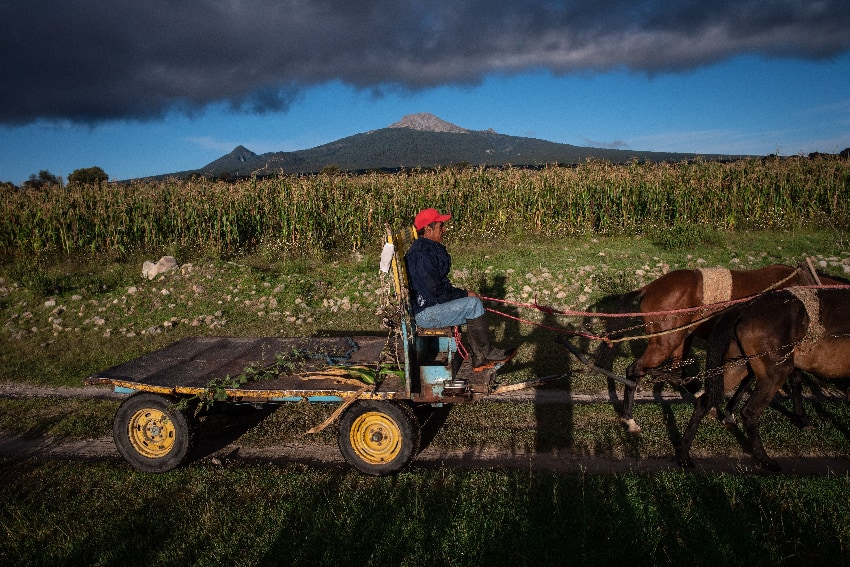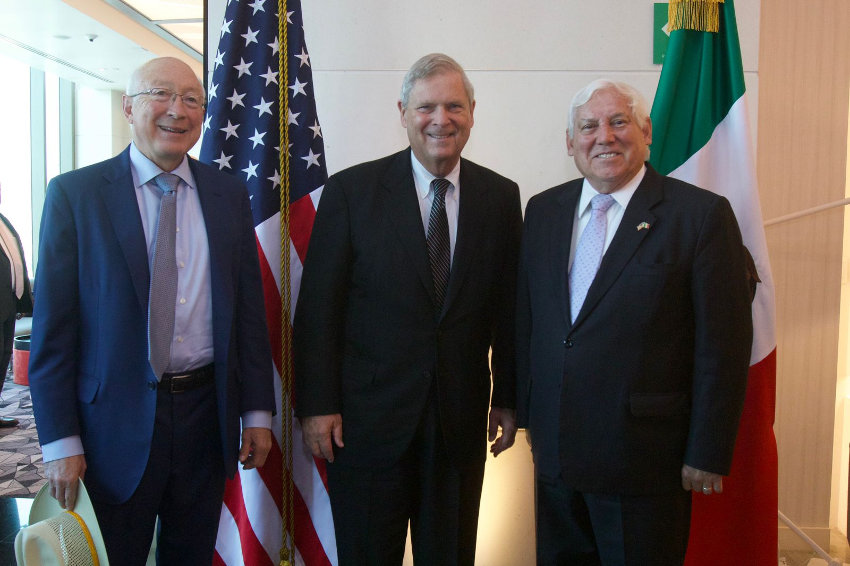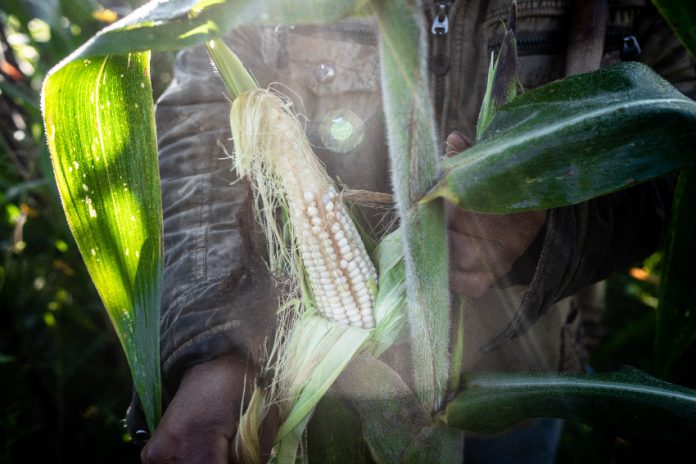Mexico has issued a decree relaxing impending restrictions on imports of genetically modified corn and the controversial herbicide glyphosate.
The Economy Ministry (SE) said in a statement published on Monday that the decree’s main purpose was to “clarify” a previous ruling on the subject, issued in December 2020. That ruling promised to “contribute to [Mexican] food security and sovereignty” by phasing out all GM corn and glyphosate imports by Jan. 2024.

The SE’s statement highlights the following changes to the text:
- The new rules will apply only to corn, and not to other crops such as canola, soya and cotton.
- The rules will apply only to corn intended for human consumption in dough and tortillas. The SE claims this will have little effect on trade, as Mexico is already self-sufficient in GM-free white corn used for these purposes.
- The deadline for ending the use of GM corn for animal feed and industrial purposes will be scrapped. It will be replaced by a gradual phase-out depending on supply.
- The full decree also extends slightly – until Mar. 2024 – the deadline for ending Mexico’s use and import of glyphosate.
The new ruling comes three days after the United States demanded an explanation from Mexico based on their scientific evidence for banning GM corn by Feb. 14. The public health regulator Cofepris has announced its intention to carry out studies on its possible impacts on human health.
Mexico is currently the U.S.’s main buyer of yellow corn for animal feed – much of which is GM – with imports worth $4.7 billion in 2021. U.S. legislators from corn-producing states have claimed a ban could cause the U.S. economy to lose as much as $73.9 billion.
In Nov. 2022, the U.S. government expressed “deep concerns” over Mexico’s phaseout and threatened to raise a dispute under the USMCA free trade act if Mexico didn’t reconsider the policy.
U.S. Agriculture Secretary Tom Vilsack argued that the new rules had “the potential to substantially disrupt trade, harm farmers on both sides of the border and significantly increase costs for Mexican consumers.”

In response, the Mexican government said they were considering several proposals, including extending the deadline for the phase-out until Jan. 2025.
The biotech phase-out is also controversial in Mexico. While it has been praised by some organic farmers and environmentalists, Mexico’s National Agricultural Council (CNA) argues that it could put Mexico’s food supply at risk.
The CNA has said that a ban on glyphosate could cause Mexico’s agricultural production to fall by up to 45% and send food prices soaring. This is of particular concern given that Mexico is already seeing high food price inflation, with the average price of tortillas rising 19% during 2022.
In this context, the new decree stresses that the glyphosate phase-out “must allow agricultural production to be maintained” through government promotion of “sustainable alternatives.”
